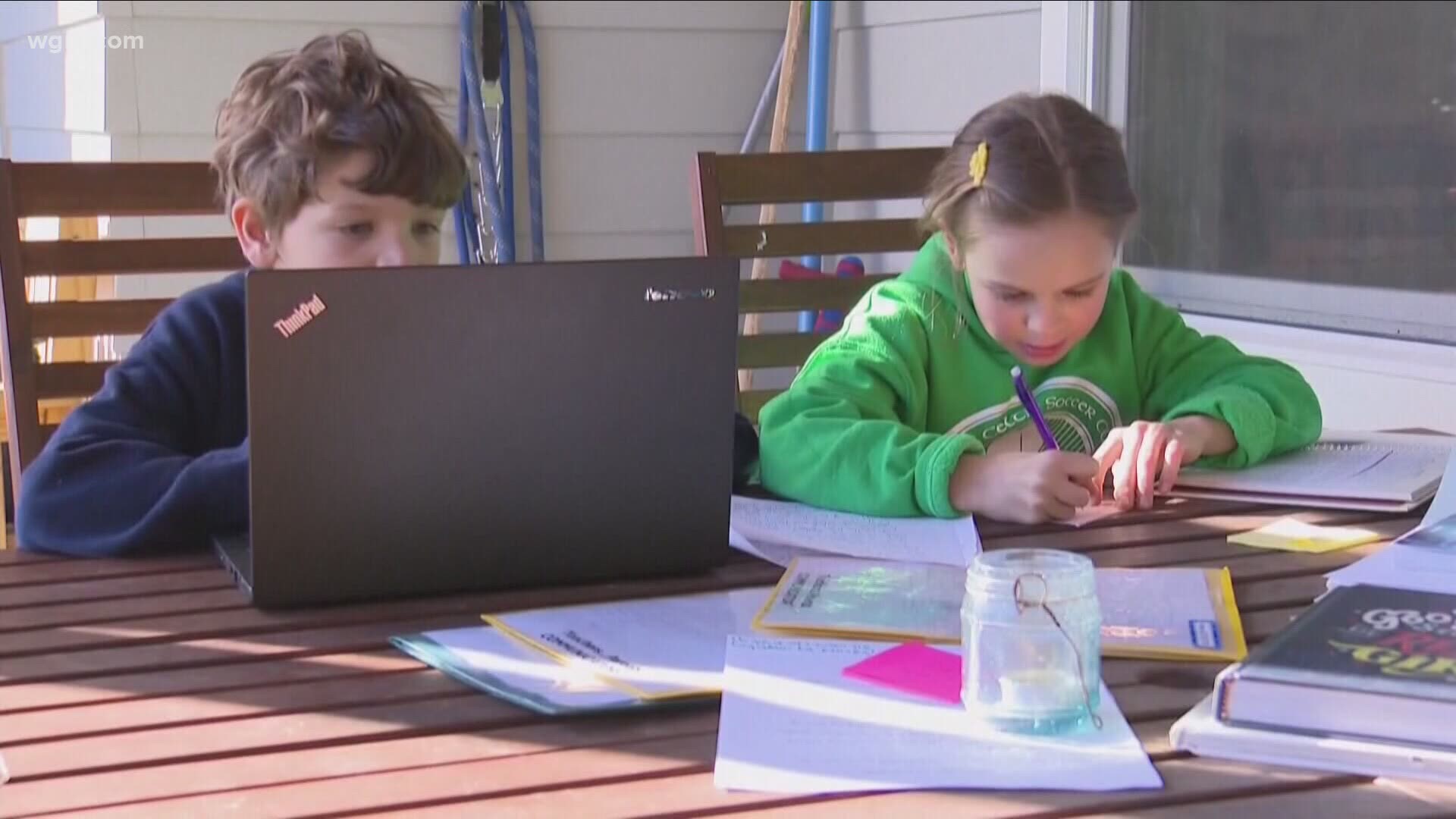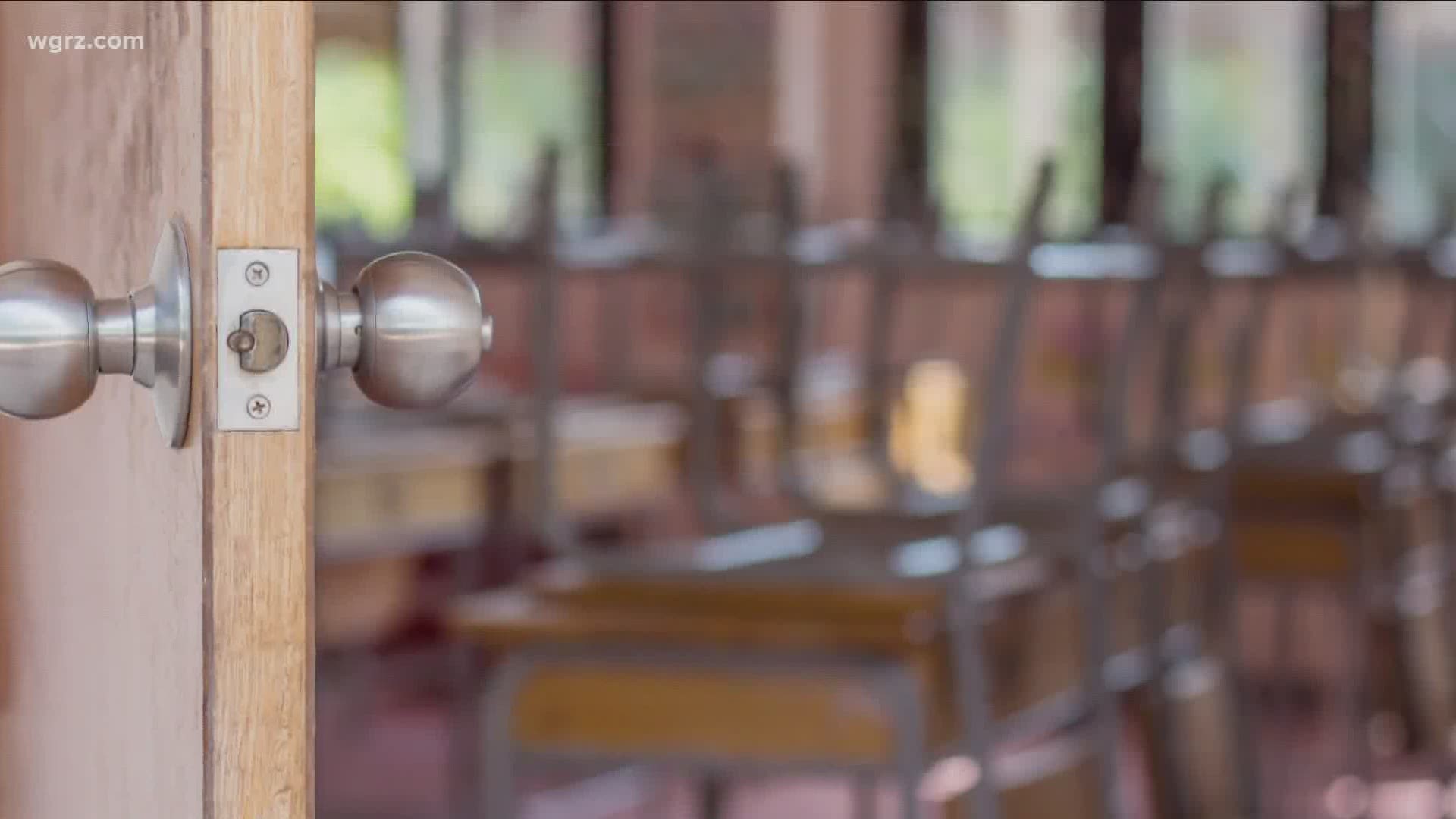BUFFALO, N.Y. — A radical idea for parents of school-aged children whose education in the coming year will include distance, or online, learning:
Have children repeat the grade next year.
That’s the advice from Allen Koh, CEO of California-based Cardinal Education.
“I think the majority of this country should probably repeat a year,” Koh said during a remote interview Monday.
Cardinal Education is a global company that specializes in helping affluent families around the world to get their children into American universities.
Koh says he has students in New York. Based on their experience and others around the country who were left with distance learning after schools were shut down by COVID, he thinks distance learning will short-change most students.
“Our high achieving students are learning more, have more free time and are pursuing their activities with more passion than ever before. But it’s the 98 percent of other students who are really struggling,” Koh said.
He’s not the only one touting this radical idea. On Tuesday, Pennsylvania lawmaker Jesse Topper announced a new piece of legislation, which would allow Keystone State parents more flexibility to have their children repeat grades because of distance learning concerns.
But a leading local voice in education says the notion of planning to repeat grades for students is “unnecessary.”
Wendy Paterson, dean of Buffalo State College’s School of Education said, “We have to as educators, it’s up to us to rise to the conditions and assure that our students get as much as they possibly can in the time that we have.”
Paterson adds school districts have had the summer to improve on the distance learning they were thrust into setting up when the pandemic interrupted the spring semester.
Koh says he remains concerned about whether students will fall behind and become disinterested in key subjects like reading and math.
Research into distance learning is thin. Education Week reported in March that little research has been done and there’s been no so-called “gold standard” studies comparing the learning of online students versus students taught in-person.


